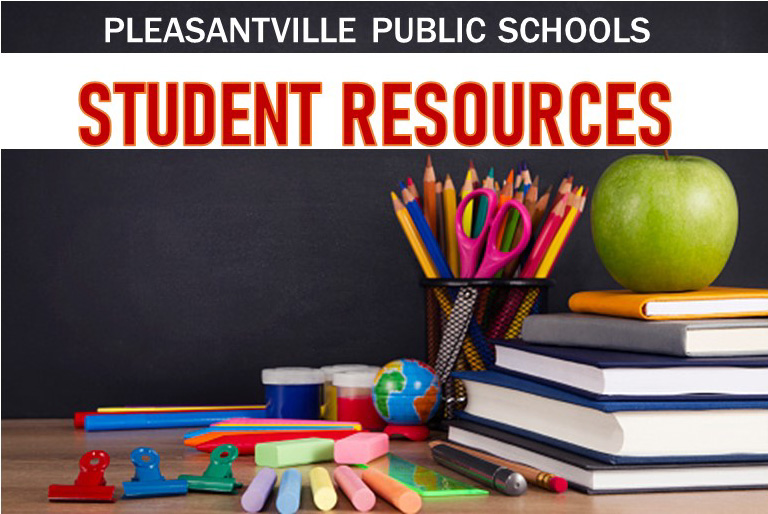| Quick Links | |||||||||||||||||
| |||||||||||||||||
| Employment | ||
| ||
| Logins | |||
| |||
| Budget Info | |||
| |||

Student Resources & Homeless Education Liaison Offices
Chrissy Bishop - All District Elementary Schools - Extension 3007 - Email: bishop.chrissy@pps-nj.us
Antonio Gandy - Pleasantville High School - Extension 4095 - Email: gandy.antonio@pps-nj.us
Culture and Climate Specialists:
Jean Valerius - Middle School - Extension 3004 - Email: valerius.jean@pps-nj.us
Samirah Jones - High School - Extension 4050 - Email: jones.samirah@pps-nj.us
The Statute concerning school attendance reads in part as follows:
18A:38-25. Every parent, guardian or other person having custody and control of a child between the ages of 6 and 16 years shall cause such child regularly to attend the public schools for children of similar grades and attainments or to receive equivalent instruction elsewhere than at school.
18A: 38-26. Such regular attendance shall be during all the days and hours that the public schools are in session in the district, unless it is shown to the satisfaction of the board of education of the district that the mental condition of the child is such that he cannot benefit from instruction in the school or that the bodily condition of the child is such as to prevent his attendance at school, but nothing herein shall be construed as permitting the temporary or permanent exclusion from school by the board of education of any district of any child between the ages of 5 and 20, except as explicitly otherwise provided by law.
18A:38-31. Violations of article by parents or guardians; penalties. A parent, guardian or other person having charge and control of a child between the ages of 6 and 16 years, who shall fail to comply with any of the provisions of this article relation to his duties shall be deemed to be disorderly person and shall be subject to a fine of not more than twenty-five dollars ($25.00) for a first offence and not more than one-hundred dollars ($100.00) of each subsequent offense, in the discretion of the court.
In any such preceding the summons issuing therein, or in special circumstances a warrant, shall be directed to the alleged disorderly person and the child.
Homeless Children and Education
Following the statute, the McKinney-Vento Act also ensures homeless children transportation to and from school free of charge, allowing children to attend their school of origin (last school enrolled or the school they attended when they first become homeless) regardless of what district the family resides in. It further requires schools to register homeless children even if they lack normally required documents, such as immunization records or proof of residence.
- (a) Children sharing housing due to economic hardship or loss of housing;
- (b) Children living in “motels, hotels, trailer parks, or camp grounds due to lack of alternative accommodations”
- (c) Children living in “emergency or transitional shelters”
- (d) Children “awaiting foster care placement”
- (e) Children whose primary nighttime residence is not ordinarily used as a regular sleeping accommodation (e.g. park benches, etc.)
- (f) Children living in “cars, parks, public spaces, abandoned buildings, substandard housing, bus or train stations…”

